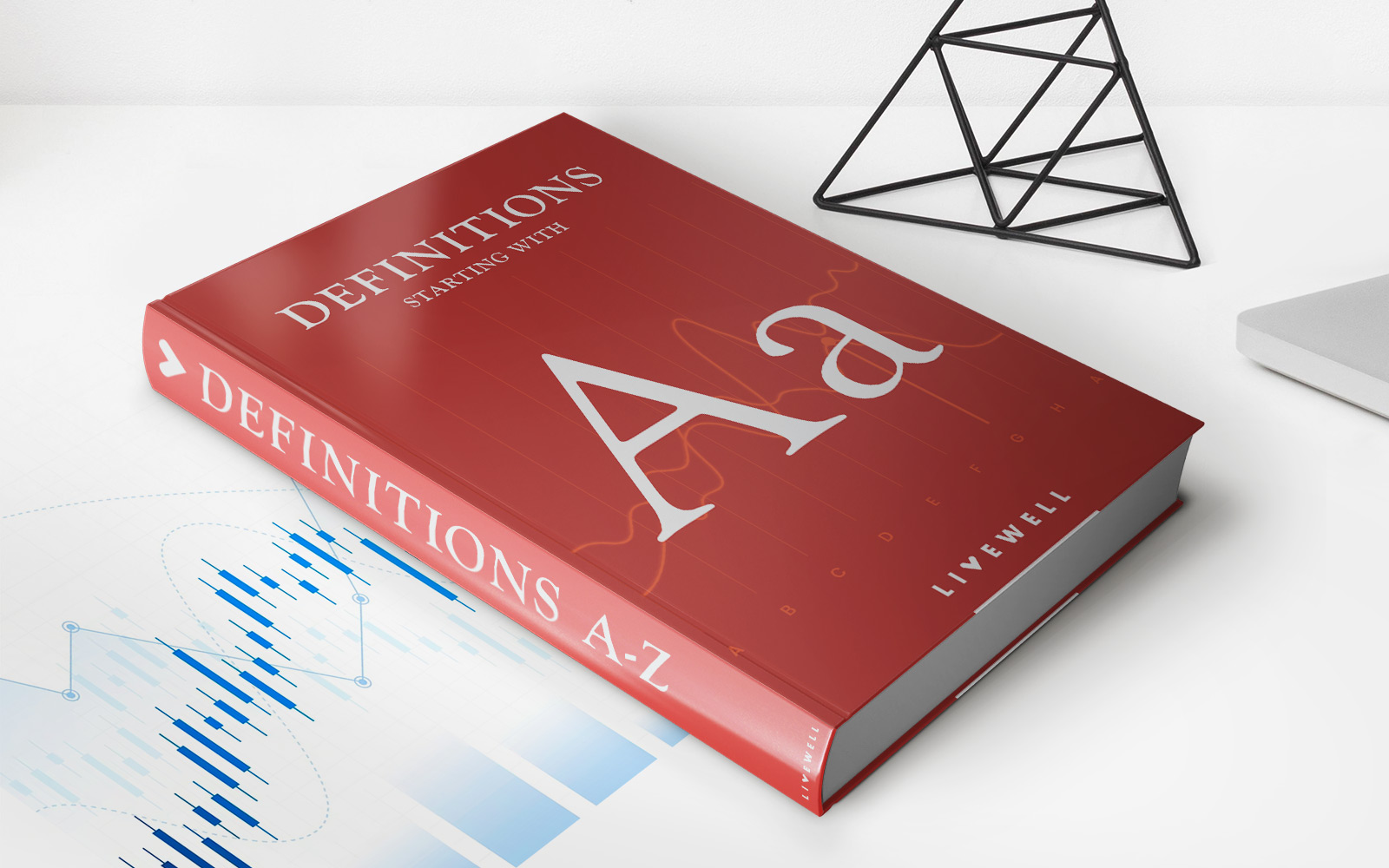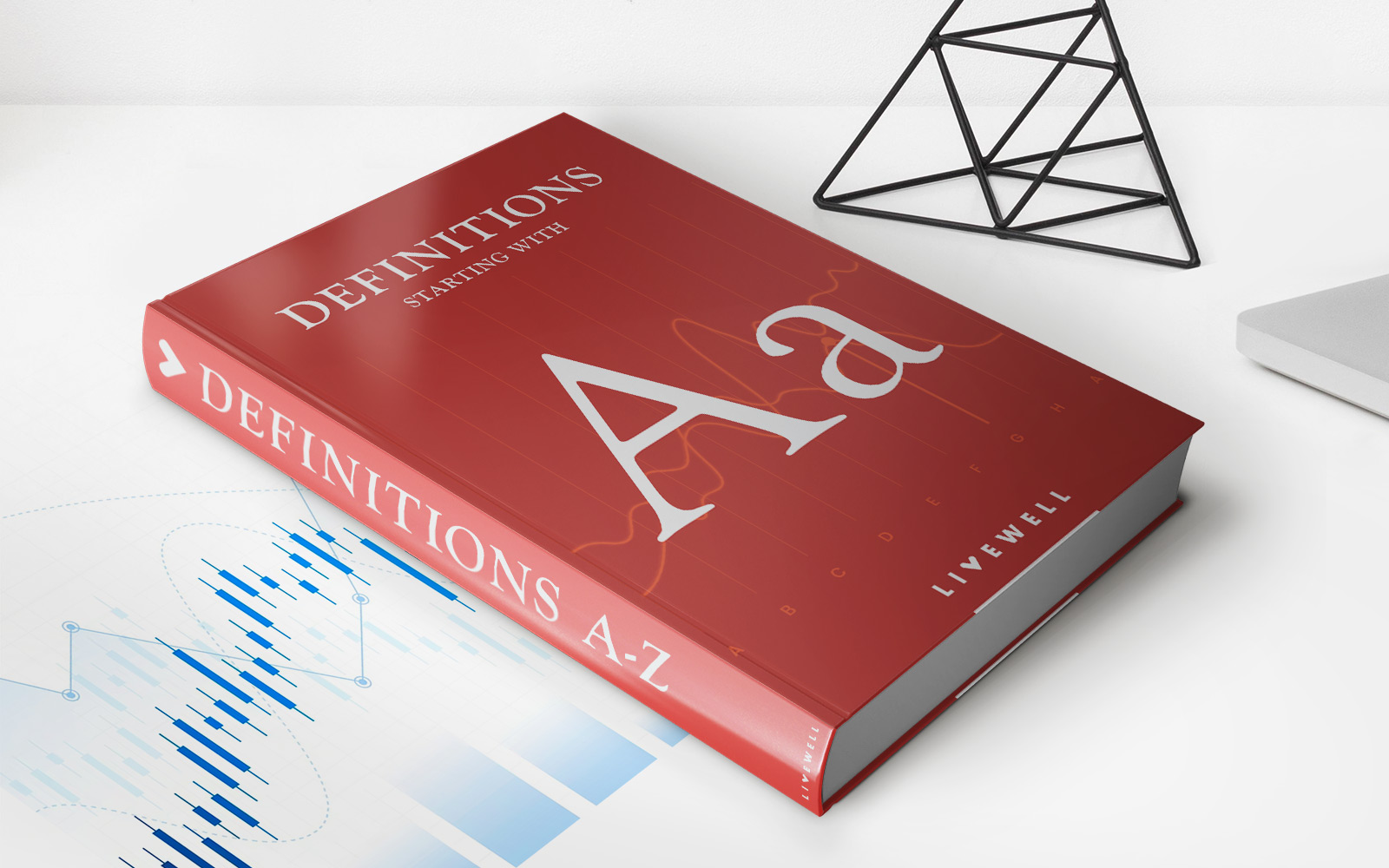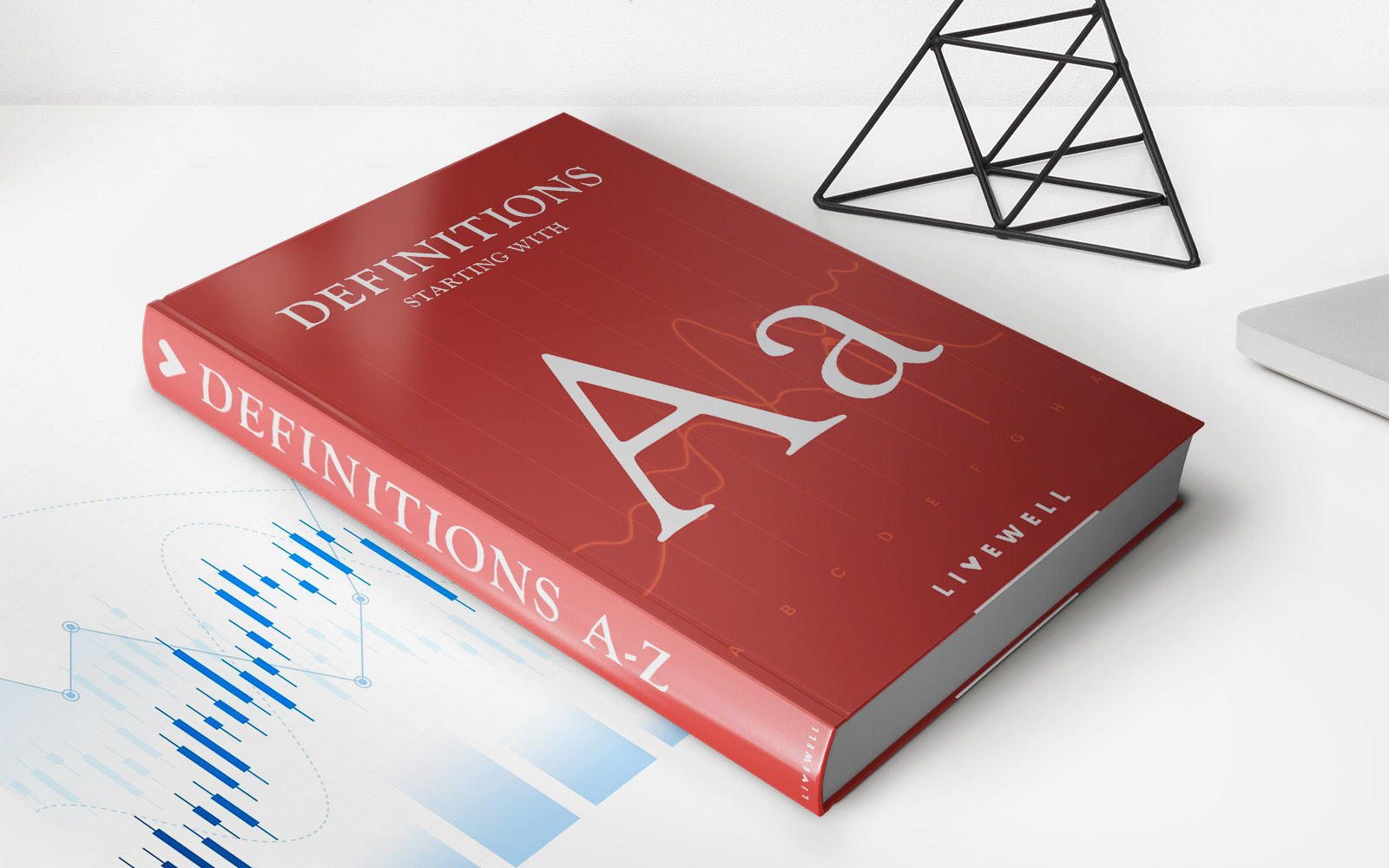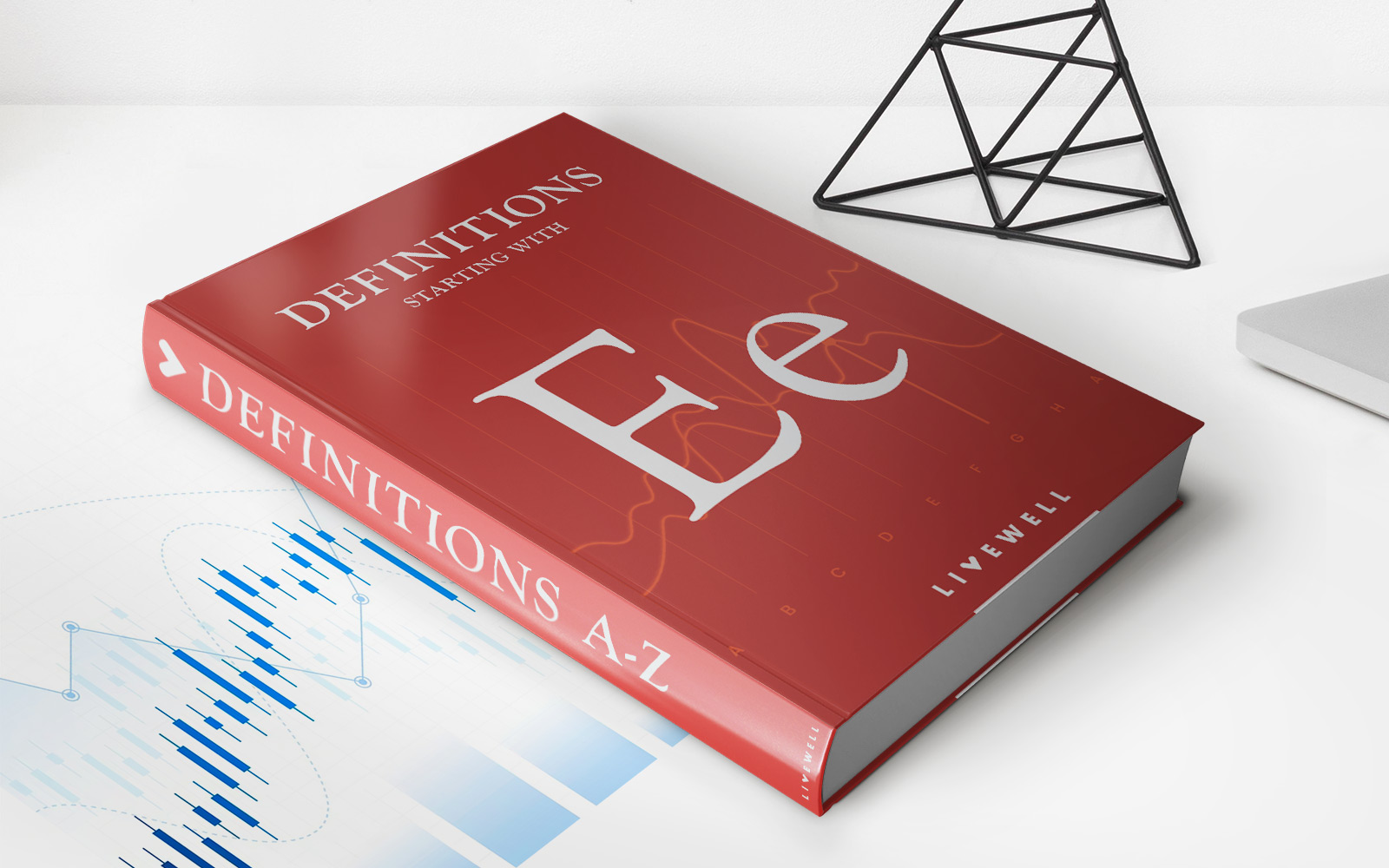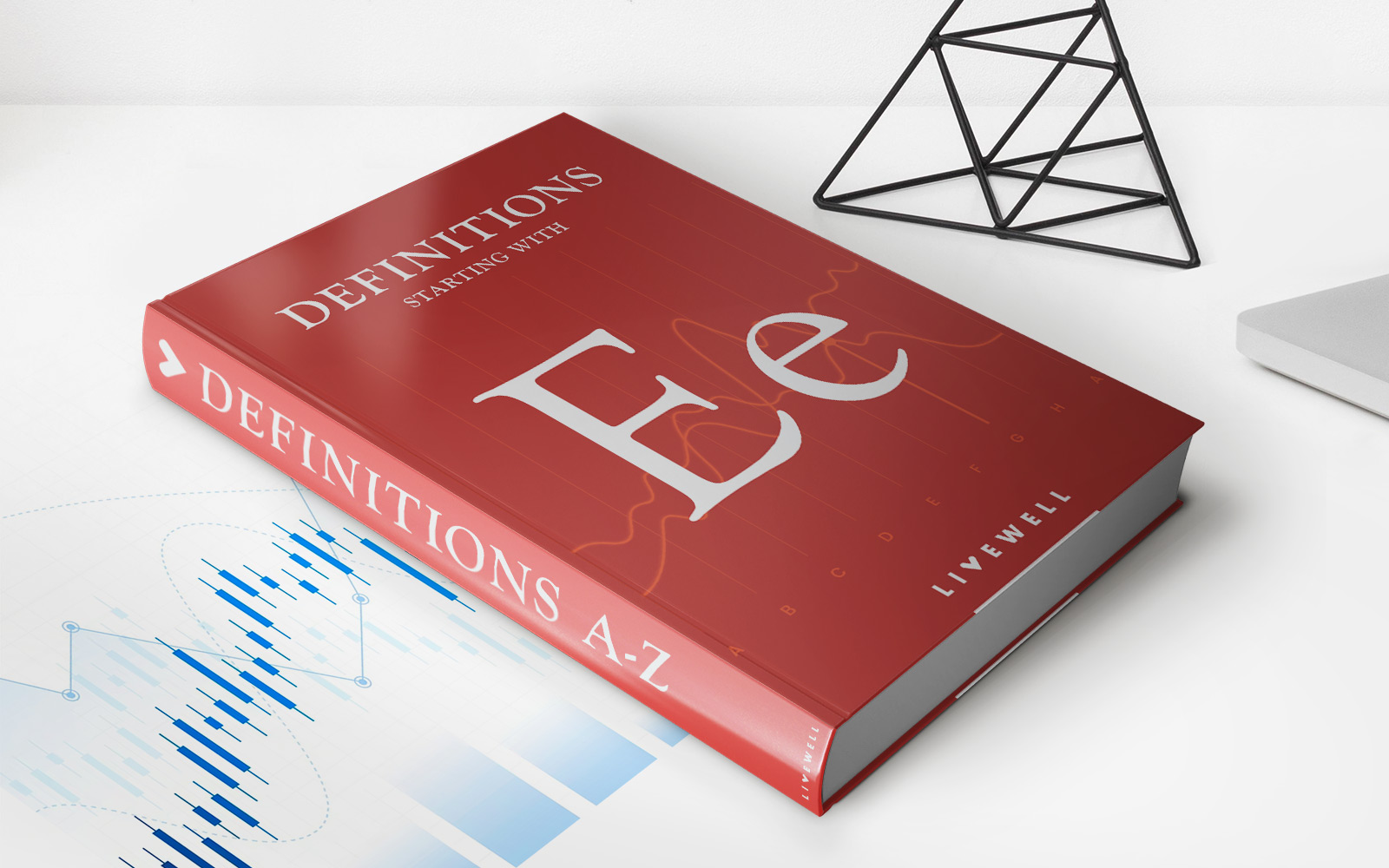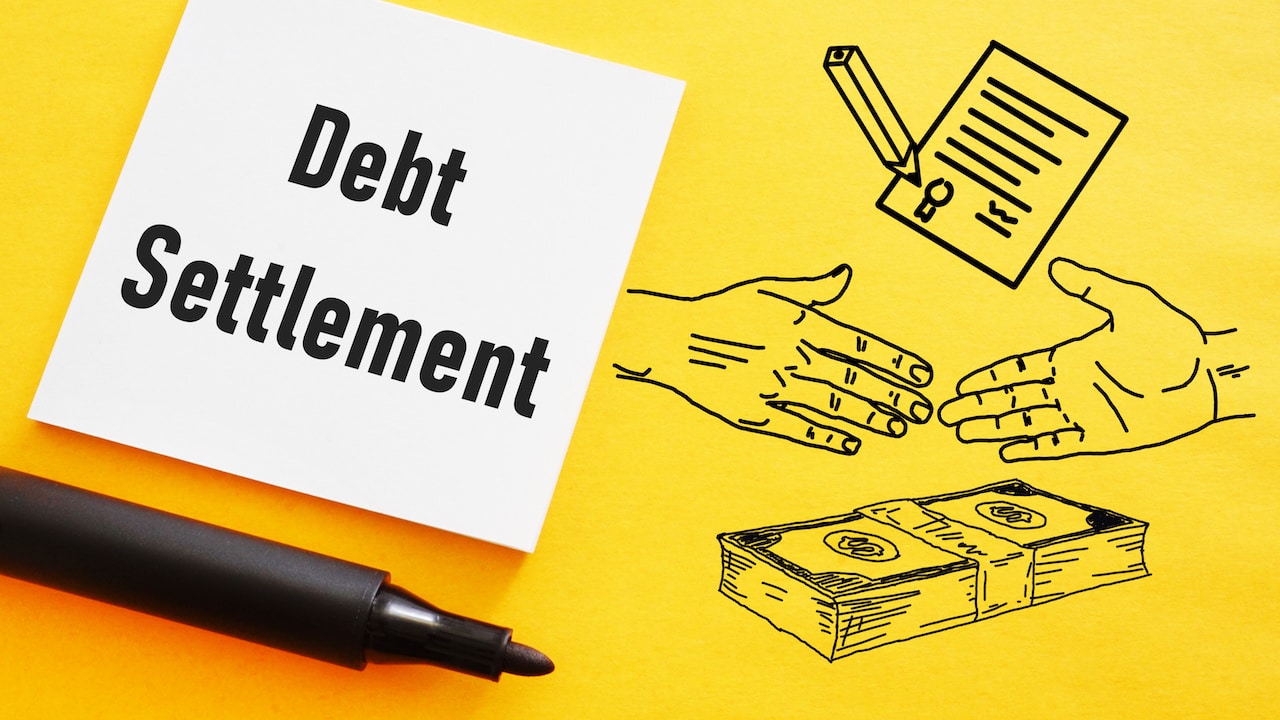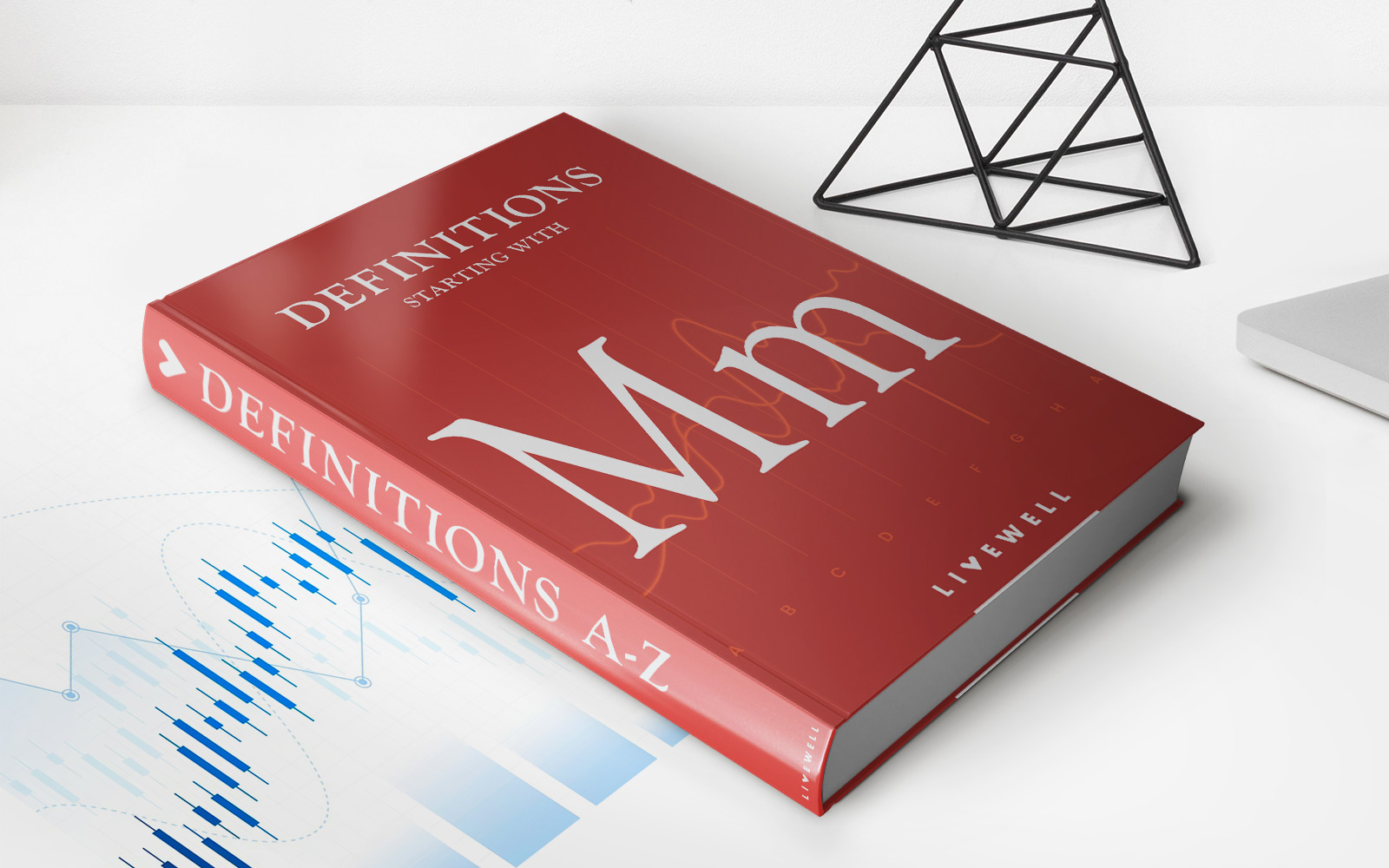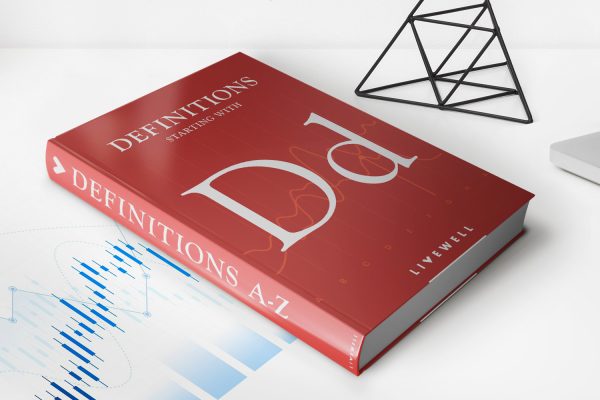Home>Finance>No-Appraisal Refinancing: Definition And Eligibility
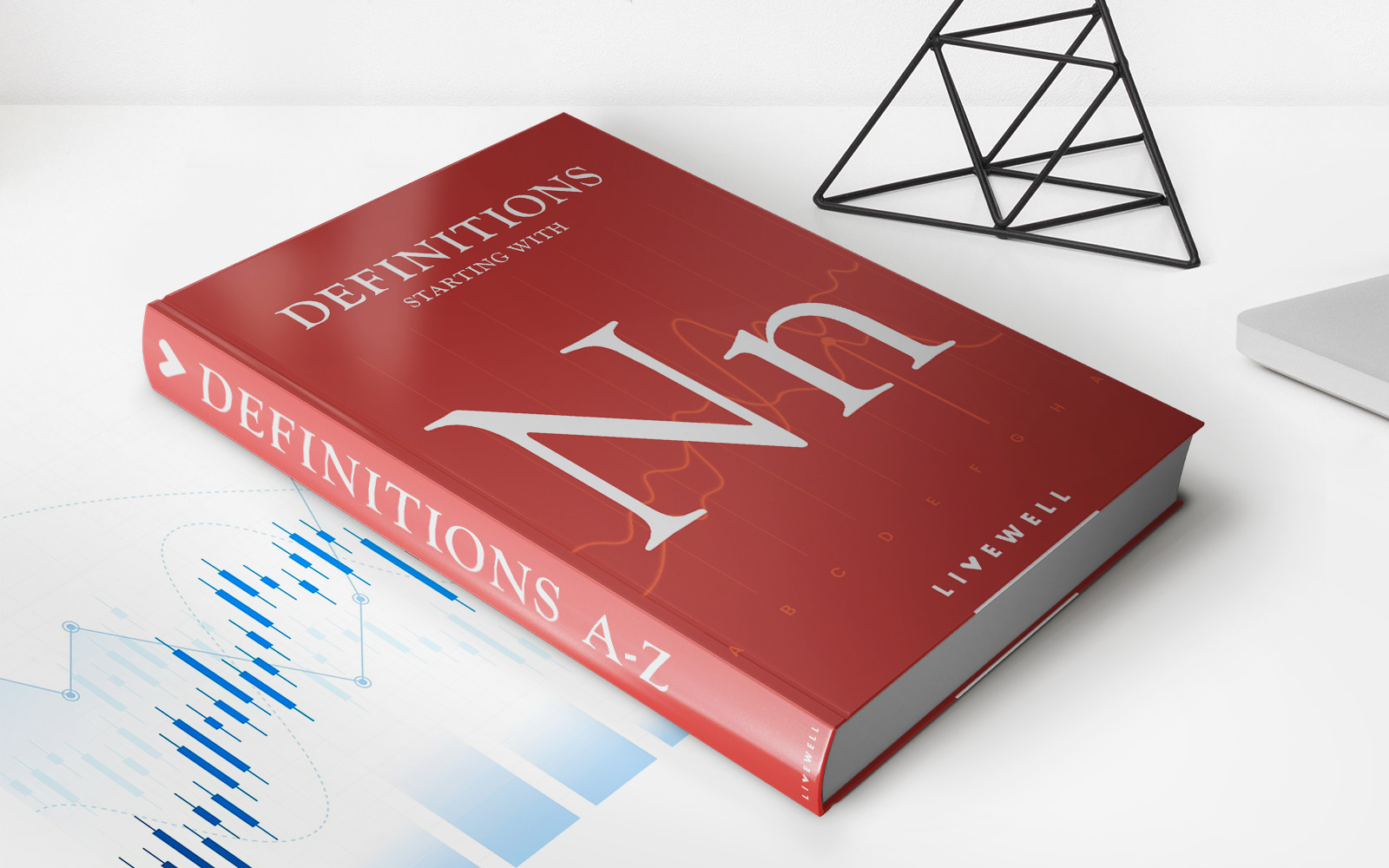

Finance
No-Appraisal Refinancing: Definition And Eligibility
Modified: February 21, 2024
Learn about no-appraisal refinancing and find out if you're eligible. Discover how this option can help you with your finance goals.
(Many of the links in this article redirect to a specific reviewed product. Your purchase of these products through affiliate links helps to generate commission for LiveWell, at no extra cost. Learn more)
No-Appraisal Refinancing: A Quick Guide to Definition and Eligibility
When it comes to refinancing your mortgage, one term you may come across is “no-appraisal refinancing.” But what exactly does it mean and who is eligible for this type of refinancing? In this article, we’ll define no-appraisal refinancing and explore the eligibility criteria. So, let’s dive in!
Key Takeaways:
- No-appraisal refinancing allows homeowners to refinance their mortgage without getting a new appraisal of their property.
- To be eligible for no-appraisal refinancing, homeowners need to have a good credit score, a low loan-to-value ratio, and a clean payment history.
What is No-Appraisal Refinancing?
Refinancing your mortgage typically involves getting a new appraisal of your property to determine its current value. However, with no-appraisal refinancing, homeowners can skip this step and avoid paying for a new appraisal altogether.
No-appraisal refinancing is a streamlined process that allows homeowners to refinance their mortgage based on their original appraised value. This means that if the value of your property has increased since you purchased it, you won’t benefit from those gains with no-appraisal refinancing. On the other hand, if the value of your property has decreased, you won’t be penalized for a lower appraised value.
Eligibility for No-Appraisal Refinancing
While no-appraisal refinancing may sound enticing, not every homeowner will qualify for this type of refinancing. Lenders have certain eligibility criteria that borrowers need to meet. Here are some common requirements:
- Good Credit Score: Lenders prefer borrowers with a good credit score, typically above 620. A higher credit score increases your chances of qualifying for no-appraisal refinancing.
- Low Loan-to-Value Ratio: Lenders generally require a loan-to-value (LTV) ratio of 80% or lower. A lower LTV ratio means you have more equity in your home, which reduces the risk for the lender.
- Clean Payment History: A history of making timely mortgage payments demonstrates your ability to manage debt responsibly. Lenders will assess your payment history to determine your eligibility for no-appraisal refinancing.
Benefits of No-Appraisal Refinancing
No-appraisal refinancing offers several benefits for eligible homeowners:
- Time and Cost Savings: By skipping the appraisal process, homeowners can save time and money on appraisal fees, which can range from a few hundred to a few thousand dollars.
- Faster Loan Processing: Without the need for an appraisal, the loan approval process can be expedited, allowing homeowners to complete their refinancing faster.
- Lower Risk of Appraisal Issues: With no-appraisal refinancing, homeowners don’t have to worry about appraisals coming in lower than expected. This can be especially beneficial in areas where property values have been declining.
While no-appraisal refinancing offers advantages, it’s important to consider your specific financial situation and consult with a mortgage professional to determine if this is the right option for you.
Remember, each lender may have different eligibility criteria and policies regarding no-appraisal refinancing. It’s crucial to do your research and work with a trusted mortgage provider who can guide you through the process and help you make an informed decision.

